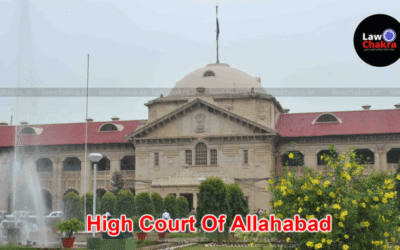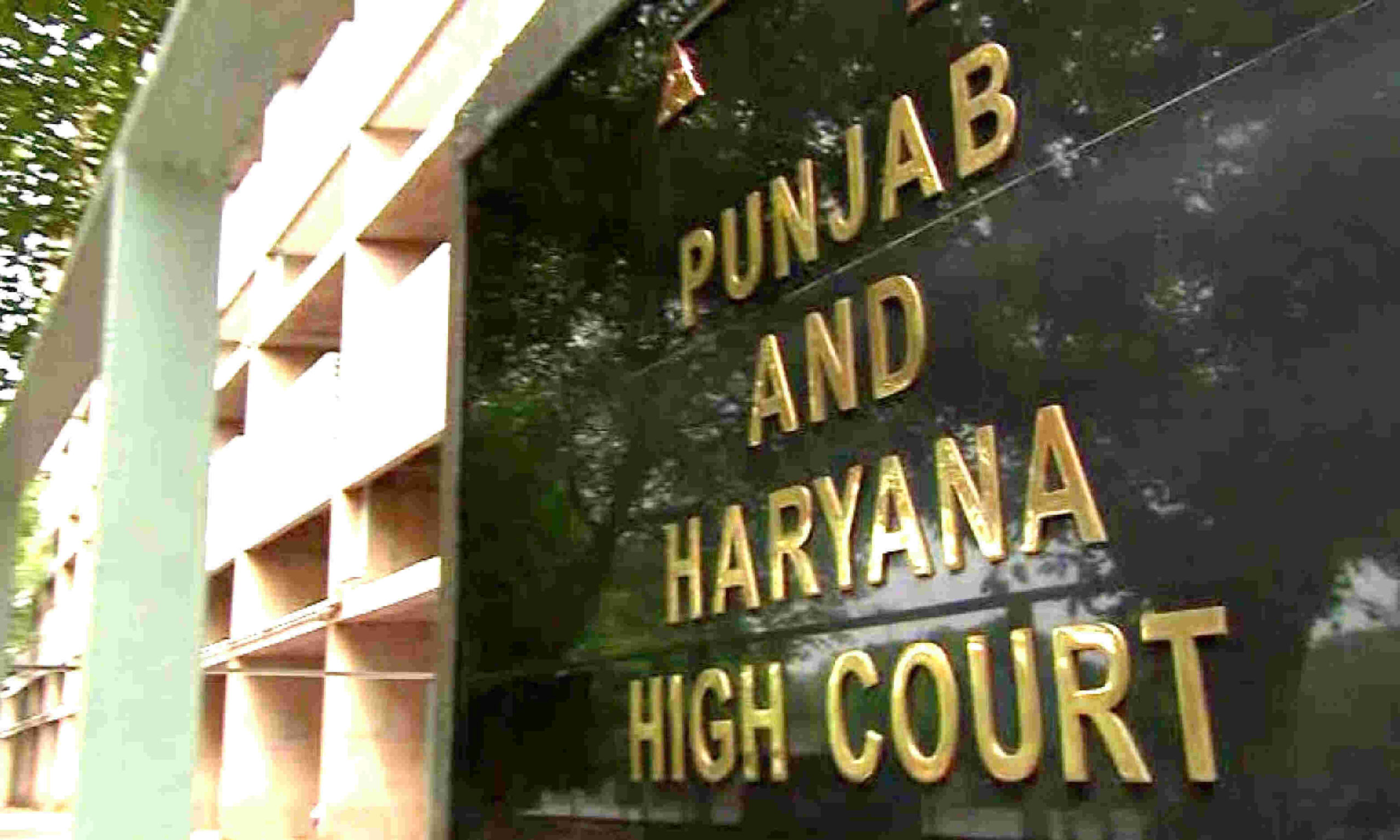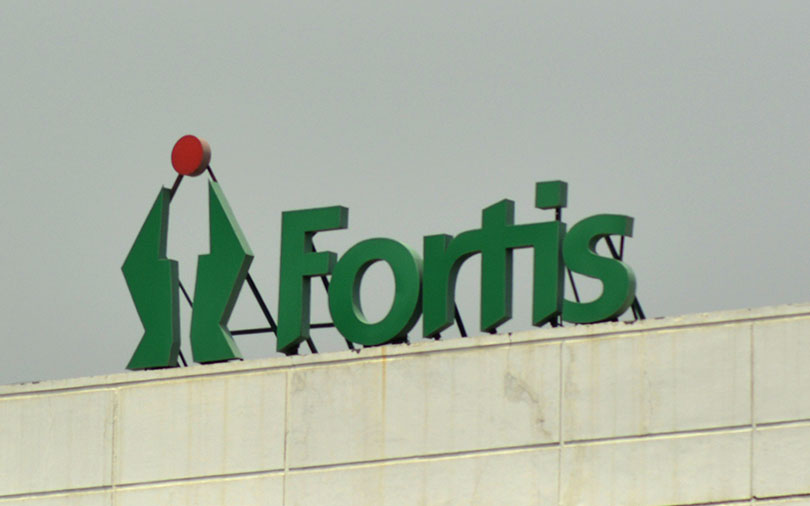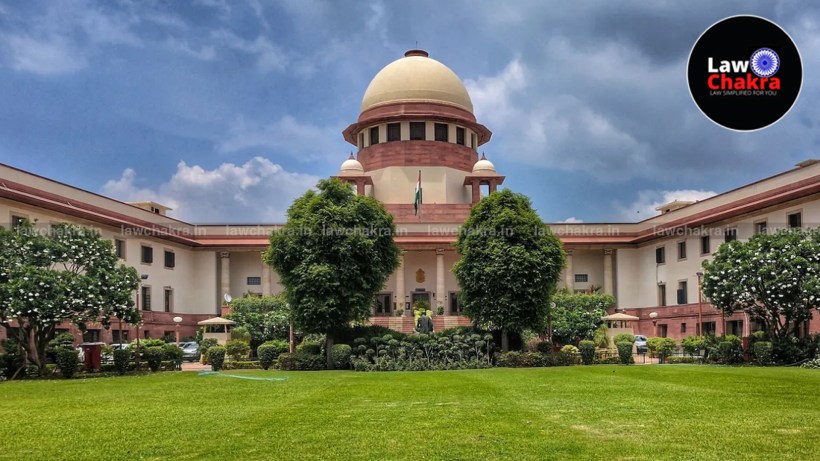MOFA| Concept Of Informed Consent Cannot Be Stretched Beyond The Statutory Obligations Of Promoter: Bombay High Court
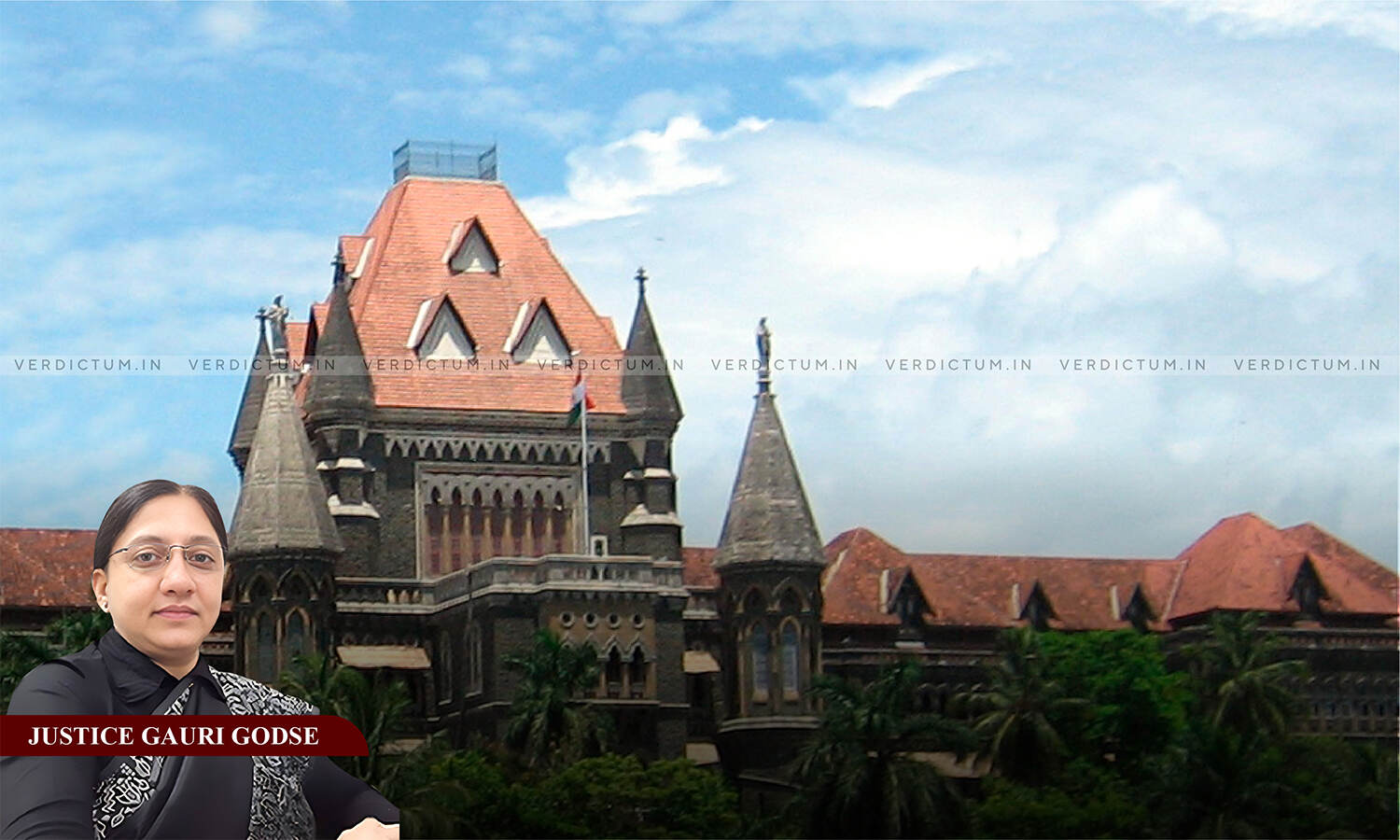
The Bombay High Court held that the concept of informed consent cannot be stretched beyond the statutory obligations of the Promoter as contemplated under Sections 3 and 4 of Maharashtra Ownerships Flats (Regulation of the Promotion of Construction, Sale, Management and Transfer) Act, 1963.
The Court set aside the Judgment passed by the Trial Court, which had partly allowed the interim application and granted a temporary injunction restraining defendant nos. 1 to 3 (promoters) from carrying out any activity in the said project with respect to the additional construction and from dealing with or creating any further third party interest and handing over the possession to the flat purchasers of the additional floors.
A Single Bench of Justice Gauri Godse held, “Prima facie, the clauses in the agreement executed in favour of the plaintiff, particularly the clauses in paragraph 11, would not amount to any blanket consent. The challenge to the specific clauses containing informed consent itself indicates that the plaintiff was well aware of the informed consent for utilisation of the full potential of the land under development, including the proposed additional units as reflected in the sanctioned layout of 2015 attached to the plaintiff’s agreement. Admittedly, there is no alteration in the flat, or there is no alteration or change in the common amenities to be provided as per the agreement and the sanctioned layout. Hence, the impugned order granting an injunction with drastic consequences would not be sustainable.”
Senior Advocate Surel Shah appeared for the Appellants, while Advocate Abhinav Chandrachud represented the Respondents.
Brief Facts
The Appeal addressed whether the plaintiff was entitled to an interim injunction. The Appeal was preferred by defendant nos. 1 to 3 to challenge the interim Order passed in a suit filed by respondent no.1. Respondent no. 1 is a purchaser of one flat in the building developed by the appellants. The agreement in favour of the plaintiff was executed under the provisions of The Maharashtra Ownerships Flats (Regulation of the Promotion of Construction, Sale, Management and Transfer) Act, 1963 (MOFA) by the appellants, i.e. defendant no. 1 as promoter.
Court’s Reasoning
The High Court considered that the “plaintiff has miserably failed to prove any prima facie case, a balance of convenience, or irreparable loss to him“. It reiterated the “well-established position of law that before granting a temporary injunction, the applicant has to satisfy the three basic principles of a prima facie case, balance of convenience and irreparable loss“. The Court held that “in the facts of the present case and the conduct of the plaintiff, he is not entitled to the injunction granted by the trial court“.
The Bench stated that “the trial court has erroneously held that irreparable loss would be caused to the plaintiff“. It was highlighted that “the trial court has completely ignored that the promoter has invested a large amount in developing the property to its full potential and that defendant no. 8 to 105 have invested their hard earned money for purchasing flats and thus if the defendants are restricted at this stage by way of temporary injunction granted by the impugned order, irreparable loss would be caused to the promoters as well as the flat purchasers and the loss cannot be compensated in terms of money“. Thus, “the impugned order deserves interference by this court“
The Bench further explained, “Thus, once the entire project is placed before the flat takers at the time of the agreement, then the promoter is not required to obtain prior consent of the flat takers as long as the builder puts up additional construction in accordance with the layout plan, building rules and Development Control Regulations. Thus, the issue of disclosure of the full potential of the project and developability, and the informed consent of the flat purchaser cannot be decided on any straightjacket formula, in as much as, these issues would depend upon the facts of each case. The concept of informed consent cannot be stretched beyond the statutory obligations of the Promoter as contemplated under Sections 3 and 4 of MOFA and form V, which prescribes the format of the agreement.”
The Court also touched upon the concept of “informed consent” concerning additional structures in construction projects. While the unamended Section 7 of the MOFA attached consent to additional structures, the amended Section 7-A, added by the Maharashtra Act 36 of 1986, clarified that “the question of taking prior consent of the flat takers does not arise after the amendment in respect of any construction of additional structures”. However, it was noted that the “right to make any construction of additional structures/buildings would come into existence only on the approval of the plan by the competent authority“.
The Bench noted that the “plaintiff has not yet challenged the termination of his agreement” and that the “impugned order’s ultimate effect is granting a drastic injunction in favour of the plaintiff who has not yet paid the entire consideration amount“.
Consequently, the Court ordered, “ In the facts of the present case, the legal principles relied upon by the learned counsel for the plaintiff, referring to the various judgments discussed above, would not assist the plaintiff’s arguments. For the reasons recorded above, I am satisfied that the impugned judgment and order granting the injunction is not sustainable. The appeal is therefore allowed.”
Accordingly, the High Court allowed the Appeal.
Cause Title: M/s. Krishna Constructions & Ors. v. Subhash Uttam Dalvi & Ors. (Neutral Citation: 2025:BHC-AS:22796)
Appearance:
Appellants: Senior advocate Surel Shah; Advocates Atharva Kamble, Ishaan Kapse and Mrinal Shelar
Respondents: Advocates Abhinav Chandrachud, Pavan Patil, Shubham Saraf, Darshan Patankar, Kartavya Ostwal and Manisha Jagtap

